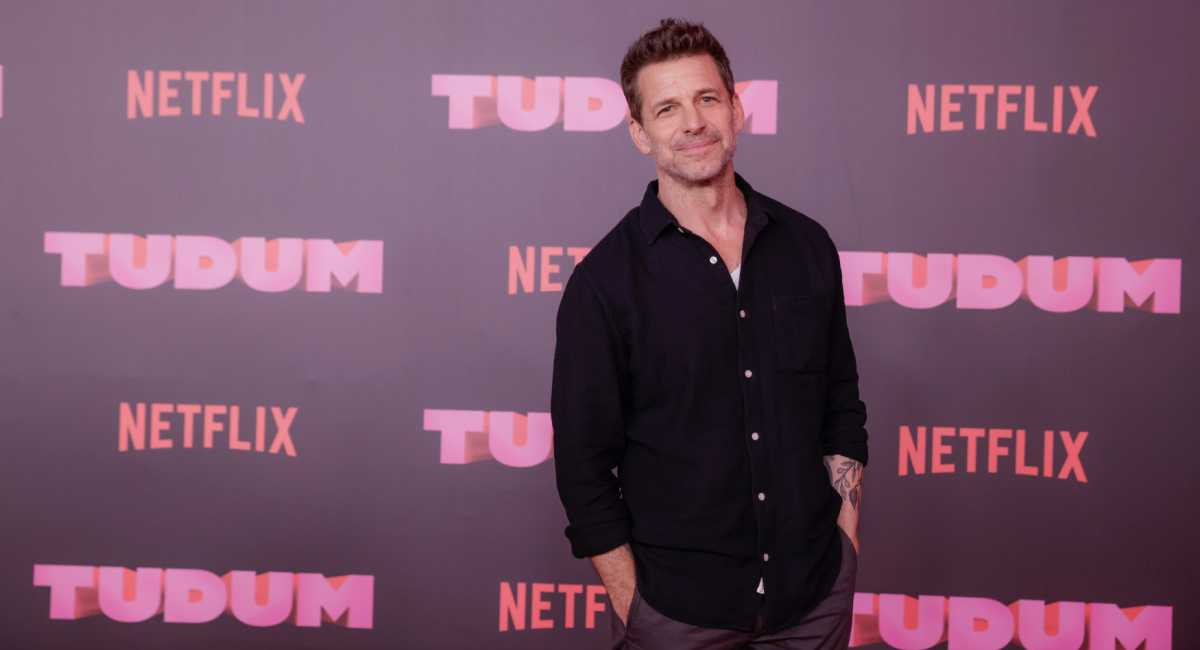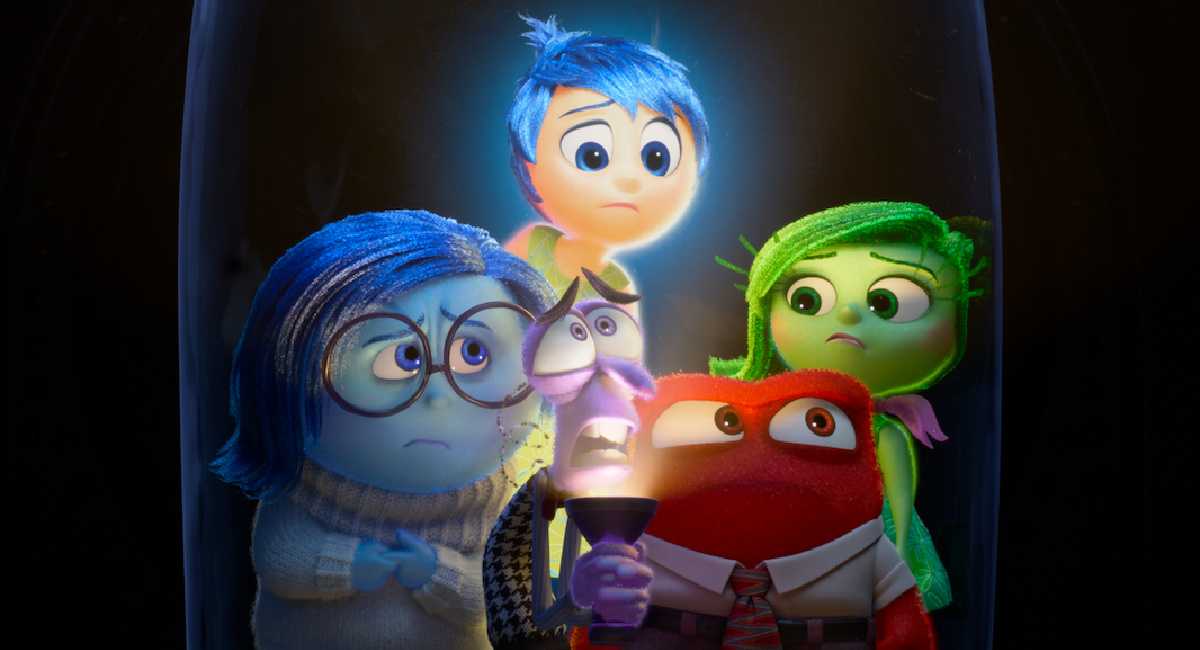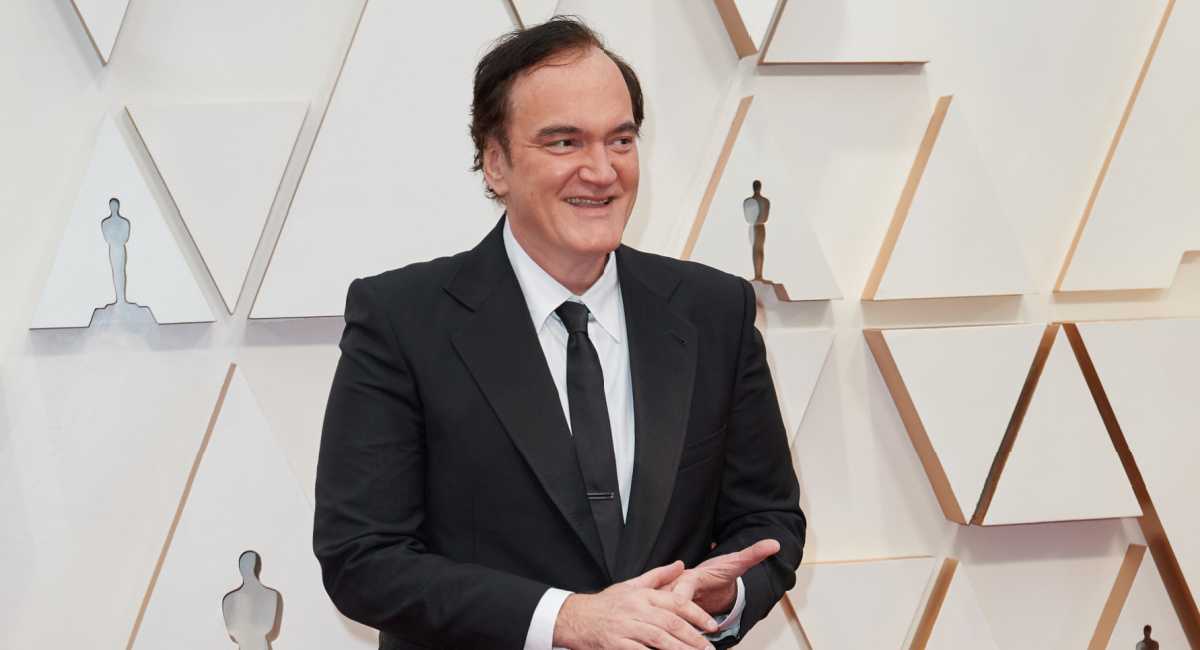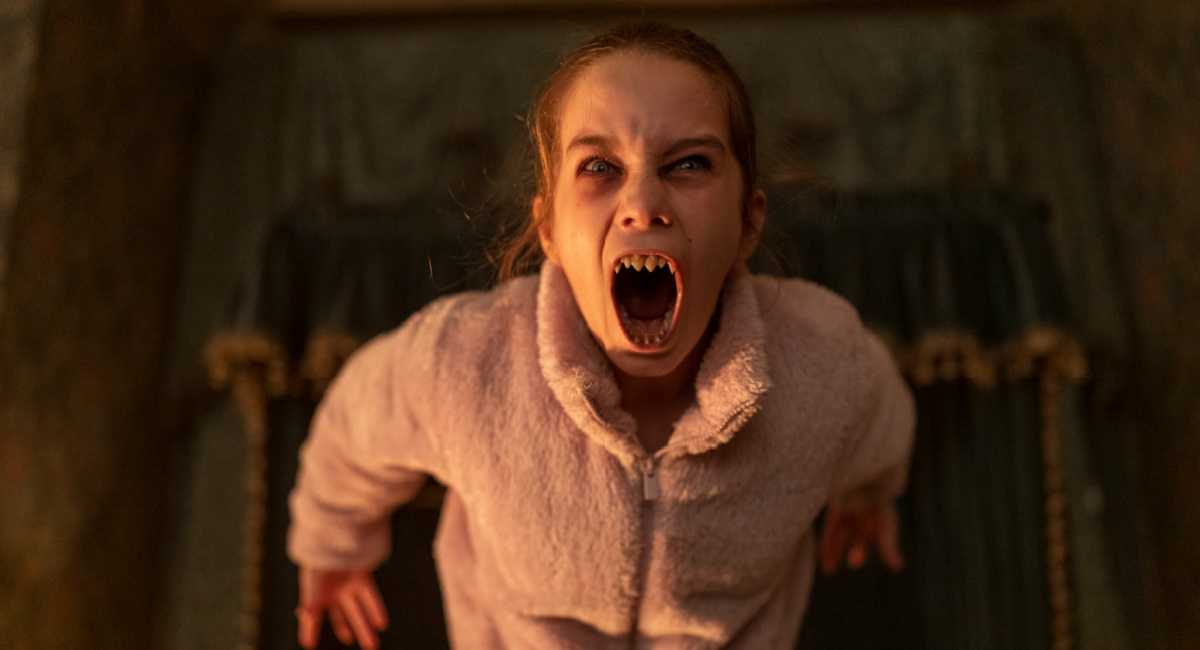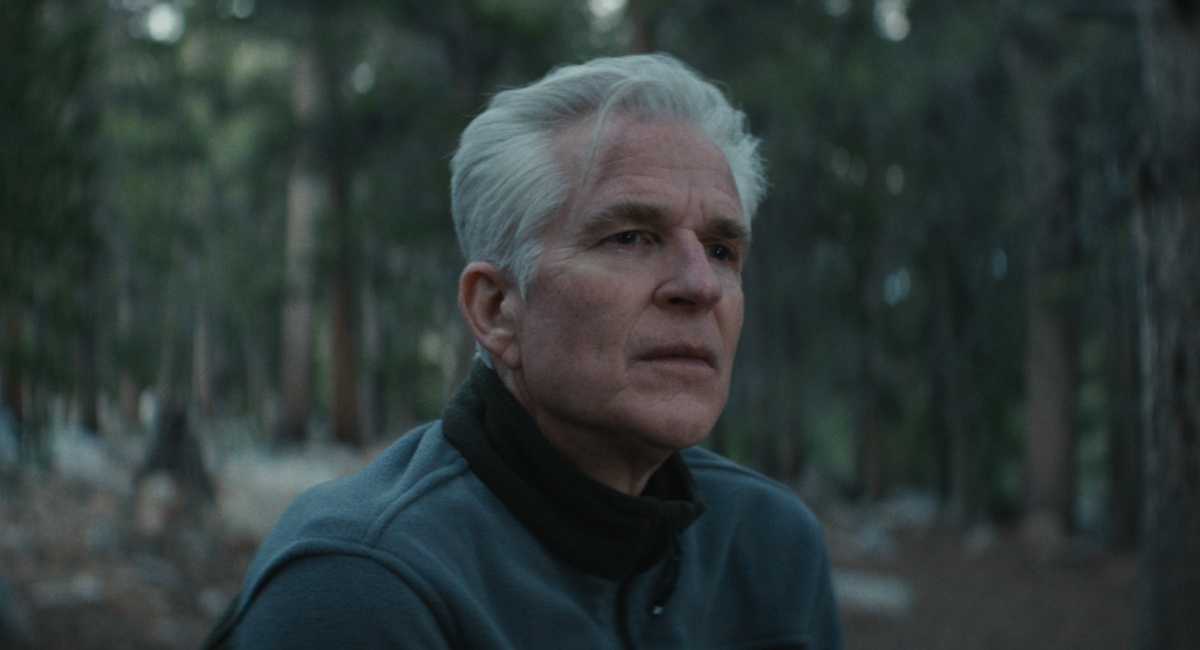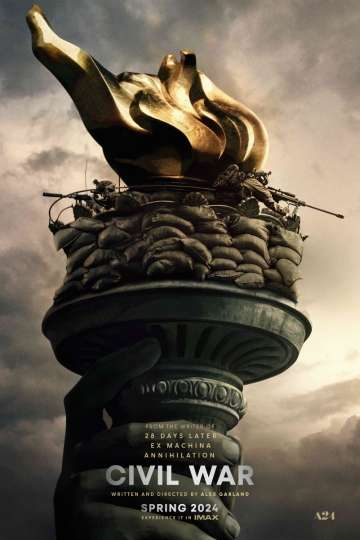Oscar Race 2018: Here's Who Won't Win Best Picture
Remember last year, when the Oscar race seemed to come down to a two-film rivalry between "La La Land" and "Moonlight," and everyone was pretty sure that the former would be the big winner? Yeah, let's not make that same mistake again.
This year's contest seems to have come down to "The Shape of Water" vs. "Three Billboards Outside Ebbing, Missouri." After Tuesday morning's Oscar nominations, "Shape," with 13 nods, seems to have a clear edge over seven-time nominee "Three Billboards." But it's easier to find reasons why these movies won't win than why they will. Indeed, that's true of all nine Best Picture contenders. Which makes this year's competition an open and exciting race.
"Shape" not only has far and away the most nominations (it's one of just 13 movies in history to have scored at least 13 nominations), but it also won the top prize this past weekend at the Producers Guild Awards. That would seem to make it a slam dunk, but as Sunday's Screen Actors Guild Awards reminded us, "Shape" had no SAG ensemble nomination, and as "La La Land" proved, movies simply don't win Best Picture without that. (Also, the Academy doesn't tend to reward sci-fi or fantasy films.) The movie that did win the SAG ensemble prize? "Three Billboards."
Does the SAG victory give "Three Billboards" the advantage? Maybe, but it still has fewer nominations overall and a PGA loss. It also failed to score a Best Director nomination, and aside from "Argo," no movie in the last quarter-century has won Best Picture without that. Moreover, there's been a lot of grumbling about the movie's racial politics. Still, Frances McDormand and Sam Rockwell are front-runners in the Best Actress and Supporting Actor categories. So there's that.
"Dunkirk" has more nominations (eight) than "Three Billboards." It's also the Best Picture contender with the most success at the box office. But it didn't earn nominations for its screenplay or any of its performances. Not since "Grand Hotel" won 85 years ago has a movie won Best Picture without any of those other citations. Plus, the Academy has a long history of snubbing Christopher Nolan. Finally, his World War II movie is the kind of all-male historical epic that might have done well 20 or 10 or even five years ago, but which seems less timely in the #MeToo era.
"The Post" seems a timelier historical drama, and Meryl Streep's lead performance fits the current yearning for films about female empowerment. But the fact that it was nominated only for Best Picture and for Streep's performance makes it a longshot for the top Oscar.
"Phantom Thread" was a surprise nominee for Best Picture and Best Director; in fact, it earned a stunning six nominations. Seems that the Academy just couldn't pass up the opportunity to recognize what Best Actor nominee Daniel Day-Lewis has said will be his last movie.
"Darkest Hour" scored six nods, but none was for screenplay or directing. Like "Dunkirk," it's an old-fashioned World War II drama of the sort that would have fared better a few years ago. Still, Gary Oldman is the favorite to win Best Actor.
"Lady Bird"'s five nominations include a historic directing nod for actress-turned-filmmaker Greta Gerwig, only the fifth woman ever nominated in her category. She's also nominated for her original screenplay, and the Academy loves it when actors create opportunities for themselves off-screen. Her movie features two strong, nominated female performances (lead for Saorsie Ronan and supporting for Laurie Metcalf). But Oscar voters don't often acknowledge comedies, and the movie's coming-of-age plot may simply be too slight for an Academy that snubbed "Boyhood" a few years back.
"Call Me by Your Name" scored a screenplay nod and a Best Actor citation for Timothée Chalamet. But it didn't earn a Best Director nod. And as "Brokeback Mountain"'s filmmakers learned, the Academy doesn't have a great track record with gay romance.
"Get Out" did well with four nominations, including Best Director for Jordan Peele (only the fifth black man ever nominated). Its dark social satire on race couldn't be timelier, and it earned more at the box office than any nominee except "Dunkirk." But Oscar seldom rewards horror movies, and it didn't earn as many nominations as some of its rivals.
The Oscars are as much about presenting Hollywood's best possible face to the world as they are about rewarding merit. That's a tricky task at a time when revelations about Hollywood power players accused of sexual harassment and other abuses of power continue to make headlines. In the end, who wins the Best Picture prize and the other categories may just come down to whom the industry feels it can be most proud of -- or at least, not be ashamed of.
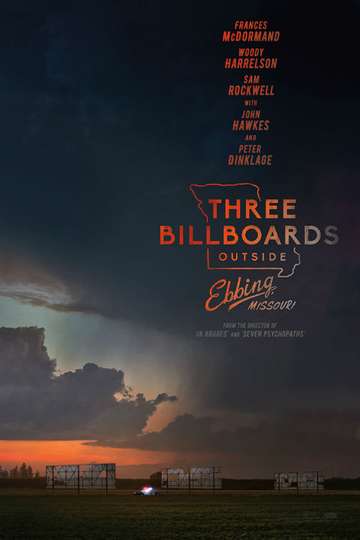
Three Billboards Outside Ebbing, Missouri
After seven months have passed without a culprit in her daughter's murder case, Mildred Hayes makes a bold move, painting three signs leading into her town with... Read the Plot




